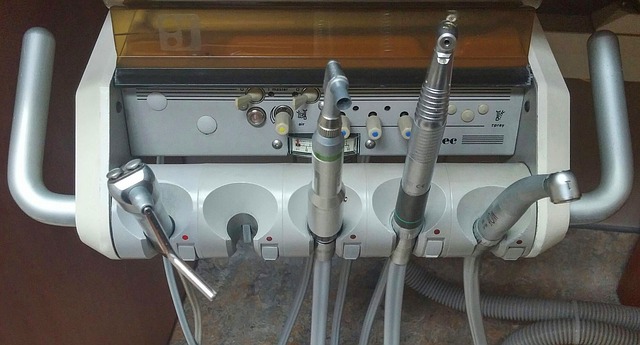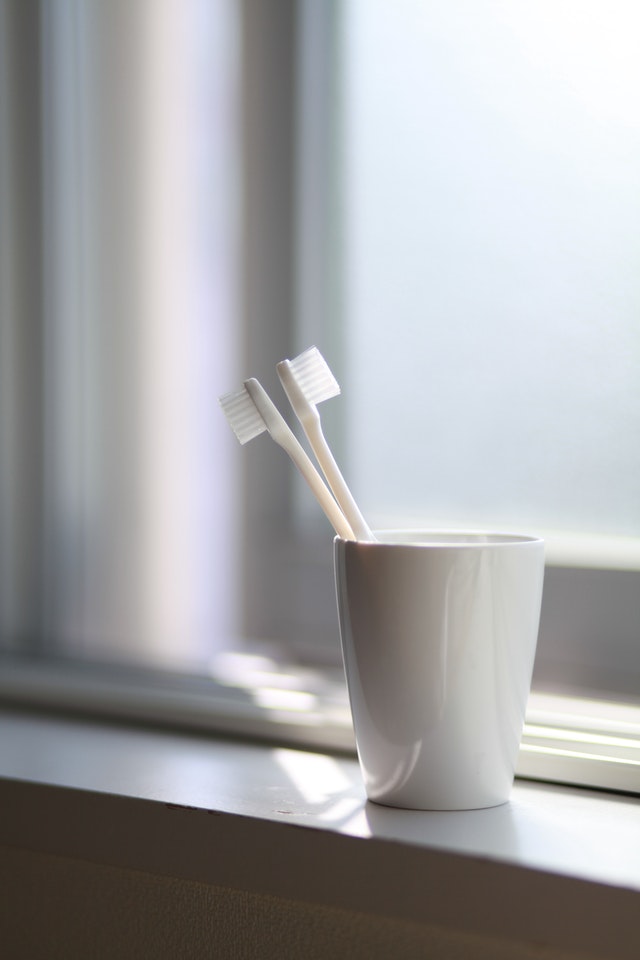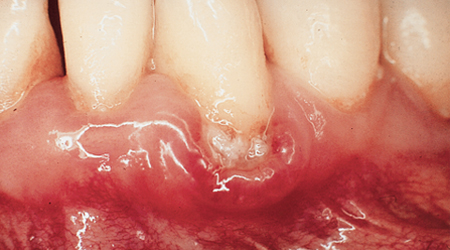Oral Health Exams first line of defense in recognizing sleep problems that lead to major health concerns
- Kelly Schroeder, RDH, MS* and
- JoAnn R. Gurenlian, RDH, MS, PhD†
+Author Affiliations
-
*Dental Hygienist-Researcher, Marshfield Clinic Research Institute, Center for Oral and Systemic Health, Marshfield, Wisconsin, USA
-
†Professor and Graduate Program Director, Department of Dental Hygiene, Idaho State University, Pocatello, Idaho, USA
- Corresponding Author: Kelly Schroeder, RDH, MS, Marshfield Clinic Research Institute, Center for Oral and Systemic Health, 1000 North Oak Avenue, Marshfield, WI 54449, Tel: (715) 221-6402, Email: schroeder.kelly@marshfieldresearch.org
Abstract
Oral health practitioners routinely perform oral health assessments for the dental patient to determine if oral disease is present. Systemic health is often a contributor to oral health concerns. One area in particular that has a direct effect on oral structures and oral health is poor sleep quality and open mouth breathing. Sleep is a fundamental process of the human body, which regulates core biological functions. Sleep quality reflects a person’s ability to fall asleep, stay asleep, and enter into the various rejuvenating sleep cycles for the full duration. A person who does not obtain quality sleep can exhibit a wide range of oral, systemic, and cognitive health problems. Obstructive sleep apnea, which historically has been considered an adult male disease, is being recognized more often in women children. Research suggests various oral malformations found in newborns and young children can manifest as obstructive sleep apnea in adults. Oral health professionals are in a position to recognize the relationship between sleep and health, identify sleep quality concerns in relation to oral health assessments, administer sleep quality assessments, and determine appropriate referrals for further sleep quality evaluation.
Continue reading



